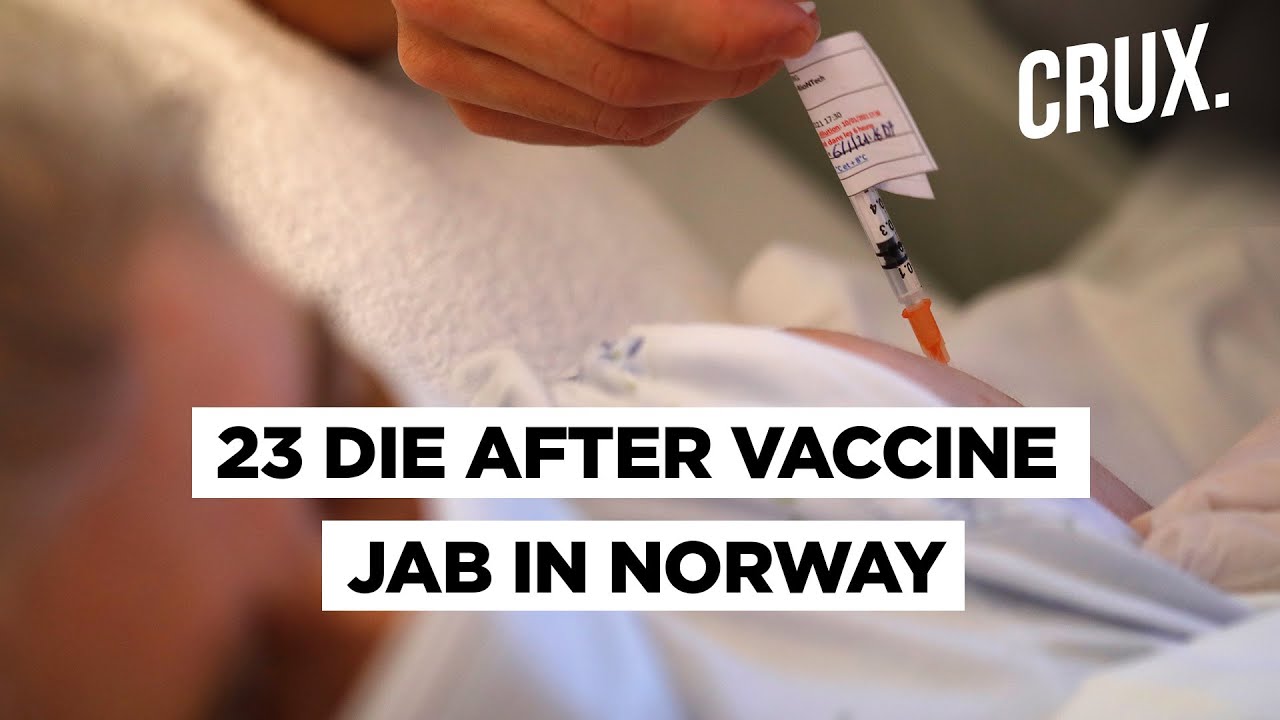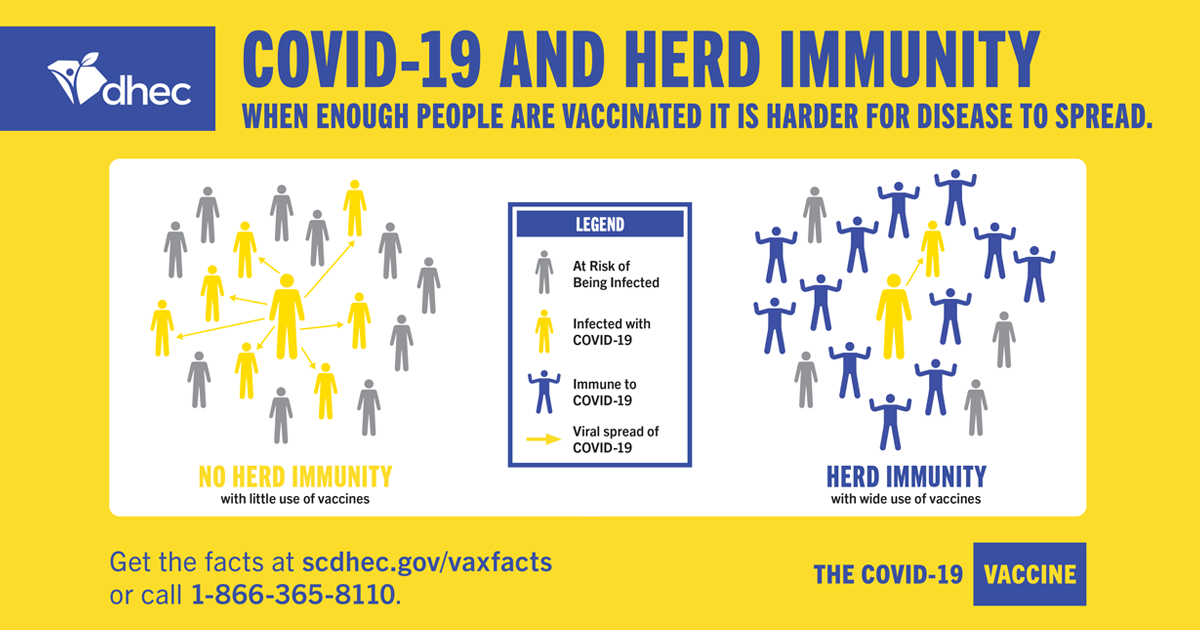

It is also unclear if taking medication ahead of time actually works to reduce post-vaccine symptoms. It’s important that you do not take these drugs before getting your vaccine as there are theoretical concerns that some pain relieving drugs may interfere with the immune response to the vaccine. If you do experience side effects, it is OK to take an over-the-counter drug (like Advil or Tylenol) to lower a fever, reduce chills, or relieve a headache or body aches. You should wait until after being vaccinated to see how you feel. If your side effects are worrying you or do not seem to be going away after a few days.īack to top Can I do anything ahead of time to reduce any side effects from the vaccine? If the redness or tenderness where you got the shot increases after 24 hours. To reduce pain and discomfort on your arm: If you have pain or discomfort after receiving your vaccination, talk to your doctor about taking an over-the-counter medicine, such as ibuprofen (Advil) or acetaminophen (Tylenol). Back to top Can I treat the side effects? In the vaccine clinical trials, more than half of people didn’t experience any side effects but we still know that the vaccine was effective in those people.

If you don’t experience any side effects, that doesn’t mean that the vaccine didn’t work. Once you’re fully vaccinated, if you were infected by the virus causing COVID-19, your immune system would be ready to launch an even larger and more powerful attack to protect you. Think of it this way: The body’s response to the vaccine is like a training mission for the real fight. This process teaches your immune cells to recognize and respond to an “invader.” That’s why you might experience some side effects. The immune system automatically launches a small-scale attack against it. When you get vaccinated, your immune system recognizes something as being foreign. If you get side effects, they are a good sign - they indicate that the vaccine is working by triggering the immune system. Back to top What do the side effects mean?

Side effects are more common, and may be more pronounced, after the second dose of Pfizer-BioNTech COVID-19 vaccine (Comirnaty®) or Moderna COVID-19 vaccine (Spikevax™). Severe side effects are very rare and treatable. The most common side effects include a sore arm, fatigue (feeling tired), headache, aches, and fever. The good news is that the COVID-19 vaccines have similar side effects that are typically mild and don’t last long - about one to three days. "I haven't seen as much with Moderna, so it's going be interesting because they're using a half dose, whether they'll see less of the both local and systemic side effects but also whether there will be less of this swollen lymph node issue as well."įor the Moderna vaccine, the booster shot is a half dose of what was used for the initial vaccination series, the doctors noted, while Pfizer and J&J booster shots use the same dose.Like with any vaccination, there is potential for side effects after you get your shot.

"There's some evidence that the rates and severity of the Pfizer vaccine in the booster are almost identical to the second dose," Boston Medical Center's Dr. Israeli data suggests that the booster shot might be a little bit easier to tolerate than the second dose, Dr. Will the booster side effects be as bad as the second dose? The data available for J&J was more limited, but people reported fever, fatigue and headache after receiving a second dose of that vaccine, according to the agency. "I'm certainly hearing a lot about that, you know, and it may be more than the first and second shot but it is harmless." Shira Doron of Tufts Medical Center said. "With the Pfizer booster, and I think this has been confirmed, there appears to be a fair amount of swelling of the lymph nodes in the underarm area on the side of the vaccine," Dr. The most common side effects reported after getting a third shot of an mRNA vaccine, the type made by Moderna and Pfizer, were pain at the injection site, fatigue, muscle pain, headache and fever, followed by chills and nausea. Local doctors, clinics and pharmacies can start administering COVID vaccine booster shots Friday in Massachusetts now that federal health officials approved the mix and match approach.


 0 kommentar(er)
0 kommentar(er)
